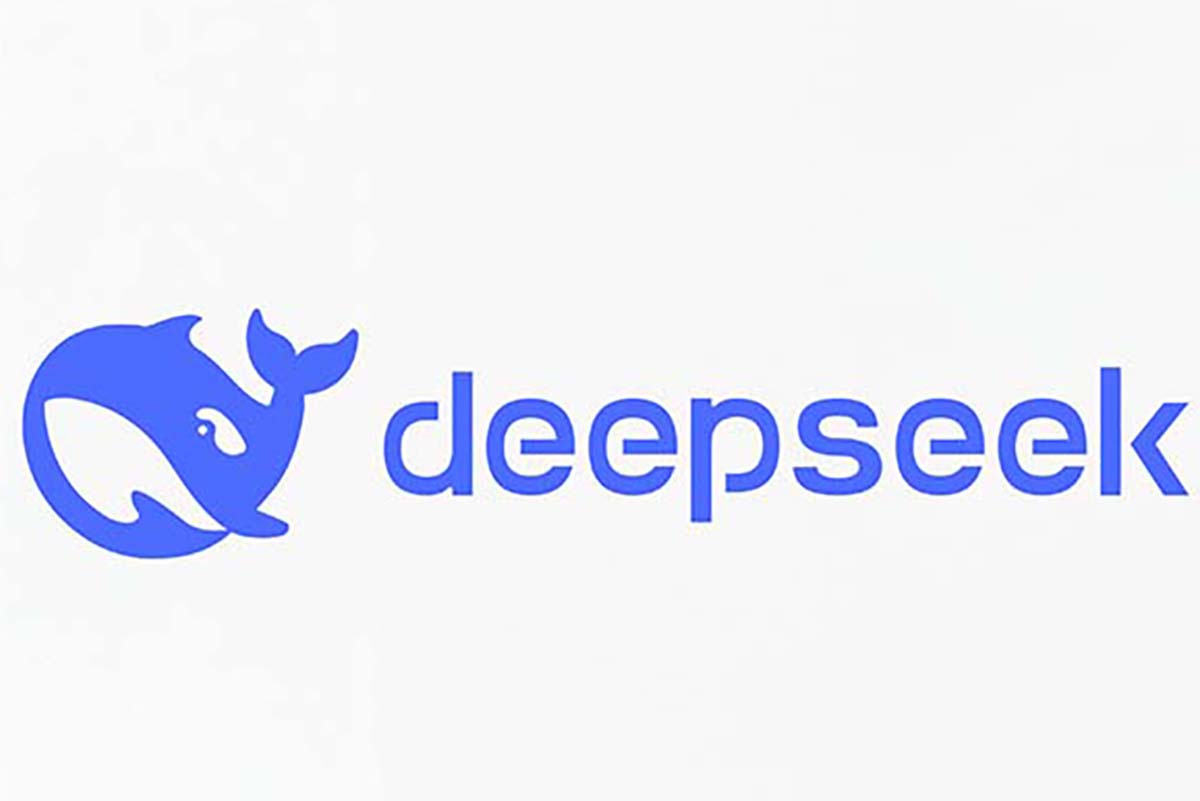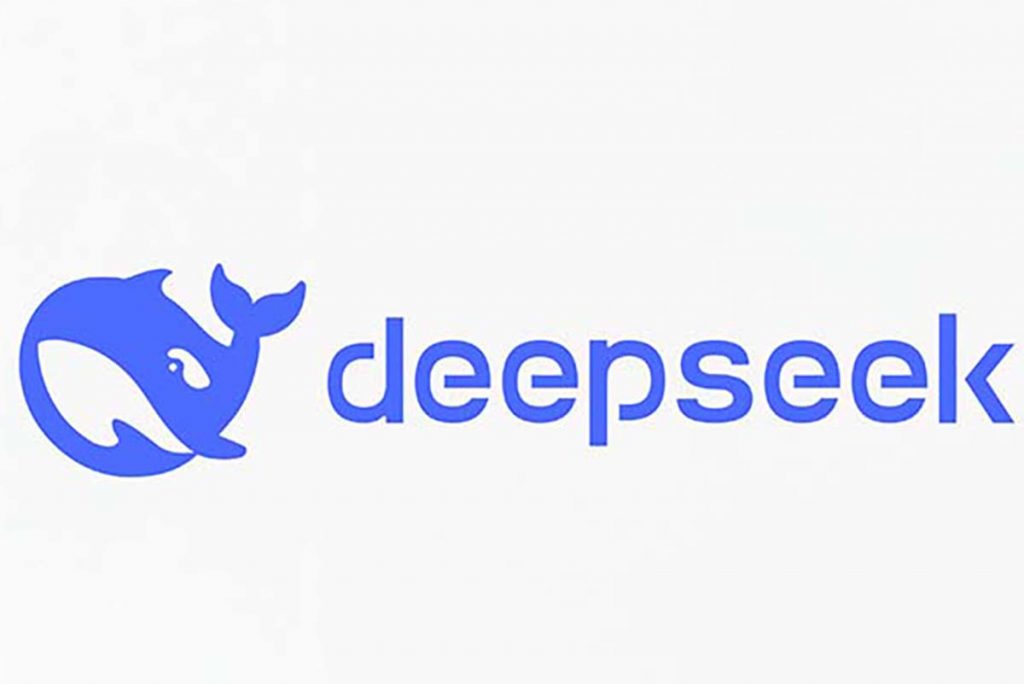
By: Jonathan Rueffer | Copy Editor
The tech world was taken by surprise on Jan. 20 when DeepSeek, a Chinese artificial intelligence (AI) company, released a free AI chatbot that rivals current dominant American models — most notably OpenAI’s GPT-4, also known as ChatGPT.
By Jan. 27, the global release of DeepSeek’s R1 model caused Nvidia’s — a multinational tech company— share price to drop by nearly 17%, equivalent to billions of dollars worth of loss. Their share price has slowly recovered since. It also quickly became the most downloaded app on the iOS App Store in the United States.
A surface-level comparison between DeepSeek and ChatGPT reveals that the chatbot models perform very similarly to user prompts. However, the difference between the two becomes strikingly apparent when looking at cost efficiency. According to the BBC, the training cost of DeepSeek is stated to be $6 million, significantly less than the $100 million it took to train GPT-4 in 2023. Another key difference is how the two AI companies release information about their models to the general public. All of the algorithms, model information and training procedures used by DeepSeek are available online for anyone to access and use. The same level of information about OpenAI’s models is not accessible. These two variations are what gave the release of DeepSeek’s R1 model its global shock value.
According to the BBC, DeepSeek — as a Chinese company — is subject to intense government censorship and is trained to avoid politically sensitive questions, such as information regarding the Tiananmen Square massacre on June 4, 1989. Additionally, the BBC reported that since personal information is handled on Chinese-based servers, countries like Australia and Italy have decided to ban DeepSeek on government devices, or even the app entirely, over claims of national security risks.
On Jan. 27, President Donald Trump described the event as a “wake-up call” for US companies, as China was able to build a generative AI competitor despite U.S. sanctions meant to hinder the ability of other countries to create advanced AI systems. These sanctions mainly include powerful hardware components crucial for the AI training process, like Nvidia’s A100 chips, which have been banned from export to China since September 2022.
DeepSeek’s achievement of developing a cost-efficient AI model is what caused Nvidia’s unprecedented stock price plummet in January because it essentially debunked the wide-held belief that more powerful chips is the only way of advancing AI technologies.
DeepSeek was able to prove to the world that there is a serious, non-Western competition to AI development. However, CNBC reports that tech leaders have largely agreed that the threat to the well-funded U.S. AI companies, like OpenAI, is more limited than initially thought. In addition, doubts are being raised regarding the reported training costs of DeepSeek’s models and overall hardware expenditures. Some technologists believe that DeepSeek was able to achieve such a high performance level by training its models using outputs generated by larger US AI models.
DeepSeek’s potentially inaccurate reports add to the Chinese company’s current global presence: while DeepSeek’s progress is technologically impressive, it is unlikely that it will shift the concentration of power of AI development on the geopolitical stage.

